When senior starting striker James Meier moved to the United States in June 2012 from Brighton, East Sussex in the United Kingdom, he was looking forward to playing soccer “quite a lot.” It came time for his first home match against Grady’s archrival, Paideia, and Meier sat quietly in the “changing room,” listening to his music and getting himself in the zone for the game. Then, within half an hour of game time, Meier was told he could not play.
“I was close to tears,” Meier said. “I just wanted to play so bad. It was gut-wrenching.”
Meier was not the only one. Senior starting right midfielder Giorgi Gaxashvili, sophomore starting goalkeeper Sage Eggleston and sophomore Jonah Griswold were also on first-year athletic director Kathleen Washington’s list of ineligible players in an email sent to head coach Thomas Waller an hour before game time. The Knights suffered an embarrassing 4-0 loss.
“It was just shameful,” said Loren Williams, father of senior captain Justin Williams. “It was kind of like the team was undermined by the administration.”
The students were ineligible to play because Washington had failed to complete all the required paperwork before the game. What happened to these four varsity soccer players is not an isolated incident. Rather it represents one in a series of eligibility issues that have occurred this spring. The paperwork delays have incited outrage in parents and athletes and also raised the question as to whether the roles of the athletic director position are too extensive for one person to handle.
After the loss to Paideia, several parents of the ineligible players sent irate emails to Washington. The Southerner obtained the emails through an anonymous source.
“What a disappointment/disgrace it is that several of our players were not allowed to play tonight [through] no fault of their own or of the parents’,” one parent wrote.
Another parent stated, “Playing soccer for my son is one of his main joys in life, and pure incompetence has robbed him of that.”
Williams organized a meeting shortly afterward with Washington and Grady Principal Vincent Murray to address the parents’ concerns. Washington defended herself for the delays.
“I explained to them what the certification process was, what I had sent out to the coaches, and so I believe that after listening they understood why the process may take longer sometimes and not so long at others,” Washington said.
Murray said the parents and Washington came to a “truce” at the meeting. Williams said that although the parents didn’t accept Washington’s excuse that certifying requires a lot of work, they were willing to move forward.
“There was a truce in a sense that the parents were just desperate to get the kids certified for the next game,” Williams said. “They were saying, ‘Whatever it takes, let’s all work together, we’ll help you, let’s get that done.’”
Because of consistent emails between parents, such as Council on Educational International Exchange coordinator Dana Persons, and Washington, the entire varsity team was certified nine days later, just in time for their next game. Meier scored two goals in Grady’s 6-1 win over Clarkston.
In the chaotic e-mail scramble to ensure athletes’ certification, one foreign-exchange student’s academic records were included in a mass e-mail. The original email, which Washington sent to Persons, coach Olayinka Olorunfemi and girls varsity head coach Rodney Thomas, stated that the student was ineligible because “he failed four classes last semester.” Persons forwarded the email to multiple soccer parents to speed up the certification process.
“Basically, we were working on multiple certifications at a time,” Persons said. “I was forwarding it to the soccer parents so that they would know the status of their children.”
Williams, after reading the e-mail, believed that Washington had violated the Federal Education Rights and Privacy Act, which protects the rights of student education records. Williams told Washington this and also contacted Murray and APS athletic director Jeff Beggs about the incident. Murray said the situation is being investigated by one of two departments.
“It may be considered an ethics or it could be an employee-relations issue,” Murray said.
Beggs said he did not know about the investigation but stated that coaches and foreign-exchange coordinators have “a viable educational interest” in regards to a foreign-exchange student’s educational records.
In addition to these incidents with the soccer team, Washington has also experienced issues fully certifying the tennis team, lacrosse team and track team before competition. Junior Eli Mansbach said he missed two tennis matches before he was certified. Several girls track athletes missed track meets. According to senior captain Alex Stearns-Bernhart, multiple lacrosse players had to resubmit paperwork that Washington had misplaced.
Murray said he is giving Washington a chance to improve.
“I think that when a person assumes a job, you don’t kick ‘em out just because they have made a couple of errors,” Murray said. “In fairness to the person, you will give them an opportunity. She needs to be able to do the certifications in a timely manner so that students are certified to play their particular sport at the time of their given season. If she does not do that during the second year, then you say, ‘Ok, you were given an opportunity, you didn’t achieve that goal, I need to go in a different direction.’”
Washington admitted her struggles with spring sports in contrast to her promptness in the fall.
“By me having to come in and create new files, create new databases on my computer, it has taken me a very long time to get stuff together,” Washington said. “Fall sports weren’t as bad because you don’t have as many sports teams. Spring sports, you have 11 teams, and so it gets a little rough.”
Once Washington assembles the paperwork, she sends it to the Georgia High School Association. Once GHSA processes and reviews the files, they send them to Lakewood High School, where the APS Department of Athletics processes them before sending them back to Grady. Washington said getting all the necessary forms together to certify students is the most time-consuming part of her job. Murray also described the difficulties of the job.
“[The athletic director’s] job has always been a challenge, when you’re teaching classes and you also have to do certifications, and be the coach, those kinds of things,” Murray said. “So it is a tremendous job.”
Washington, who is also the varsity girls head basketball coach, said it is extremely taxing for her trying to find time to perform all of her roles.
“I work day and night,” Washington said. “I take stuff home. I don’t get to bed until 1 a.m. working on stuff. That’s after practice. Sometimes I’m here [at] 6:30 a.m. working. I only can do what I can do in the length of time that you have in the day.”
Murray said Washington could do better with “someone to assist her,” but “the district does not allot that and does not give us that kind of latitude.” Murray also said having a teacher in the physical-education department assist her would not be an option.
“If I give that person to her to work, let’s say, the periods that she is in class, then that person loses a class and then that means I have students that are not able to take P.E. or health class because I have to kill those classes,” Murray said. “So it’s a catch-22.”
Longtime physics teacher and cross-country coach Jeff Cramer said an inefficient certification process is what makes the athletic director role a challenging one.
“I’ve always thought that there must be more productive, easier ways to do it than the athletic directors that we have had have been doing it,” Cramer said.
Despite the demanding roles of an athletic director, Cramer sets the bar high.
“The athletic director I think should have so much pride and care about the facility that they’re willing to do everything necessary to make it a spotless venue for people to come in from outside, making sure that the trash always gets picked up, making sure that things are clean, making sure all the equipment is put away,” Cramer said. “It’s the willingness to really go the extra steps to make sure that everything is running smoothly, working beyond what it says in your job description, what you’re supposed to do.”


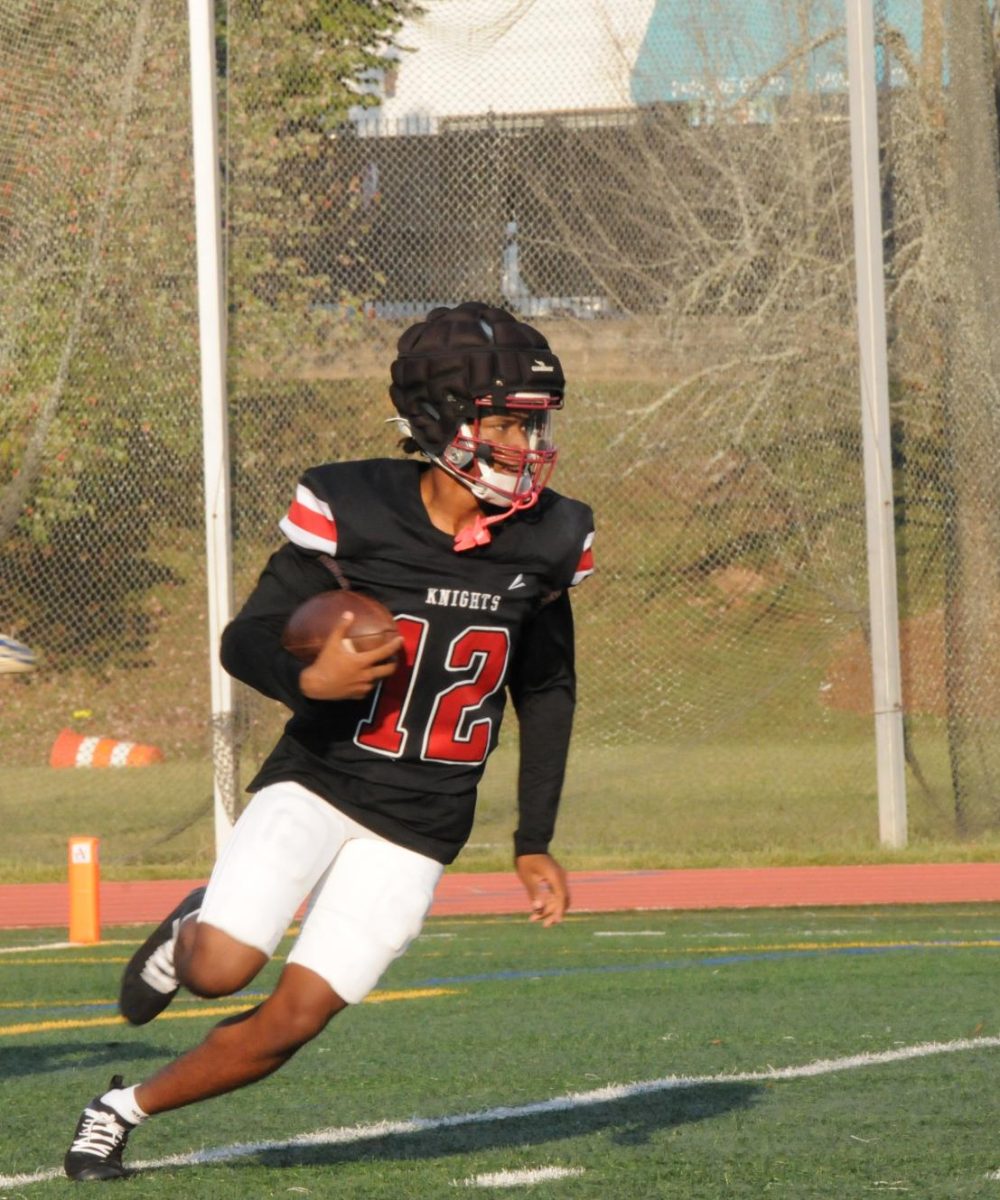
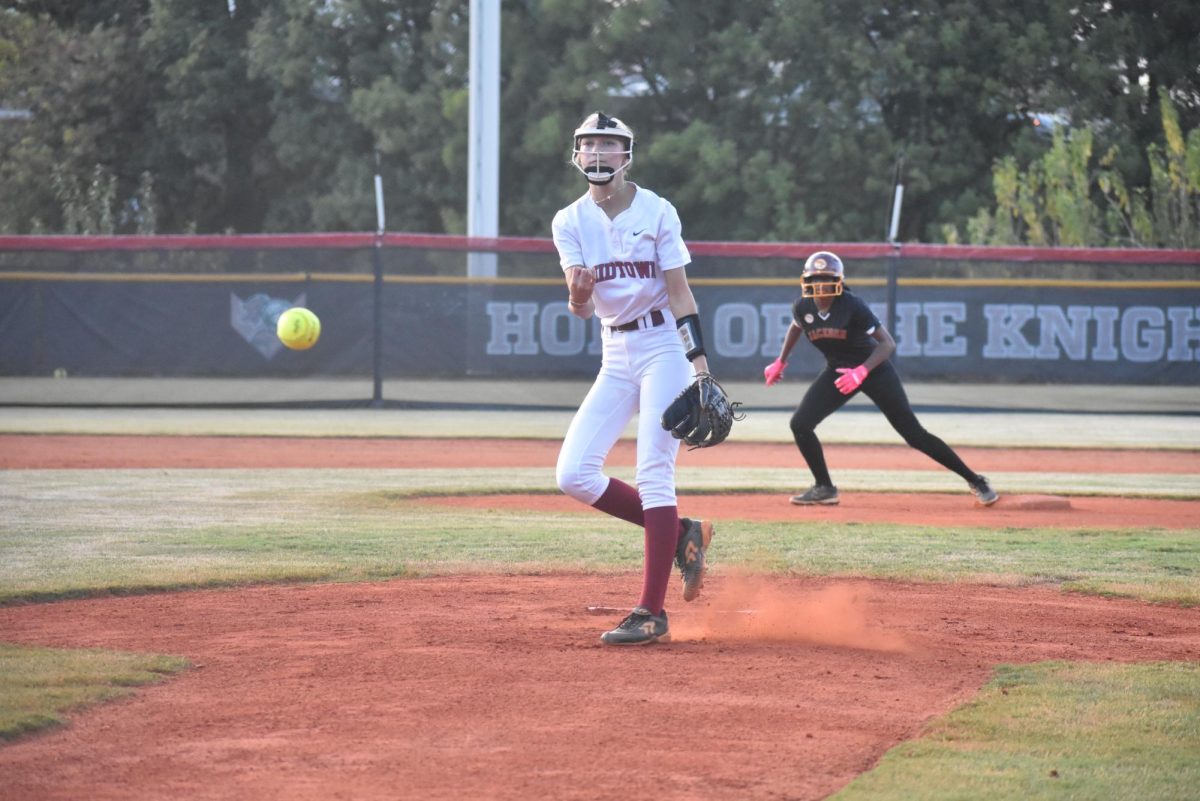
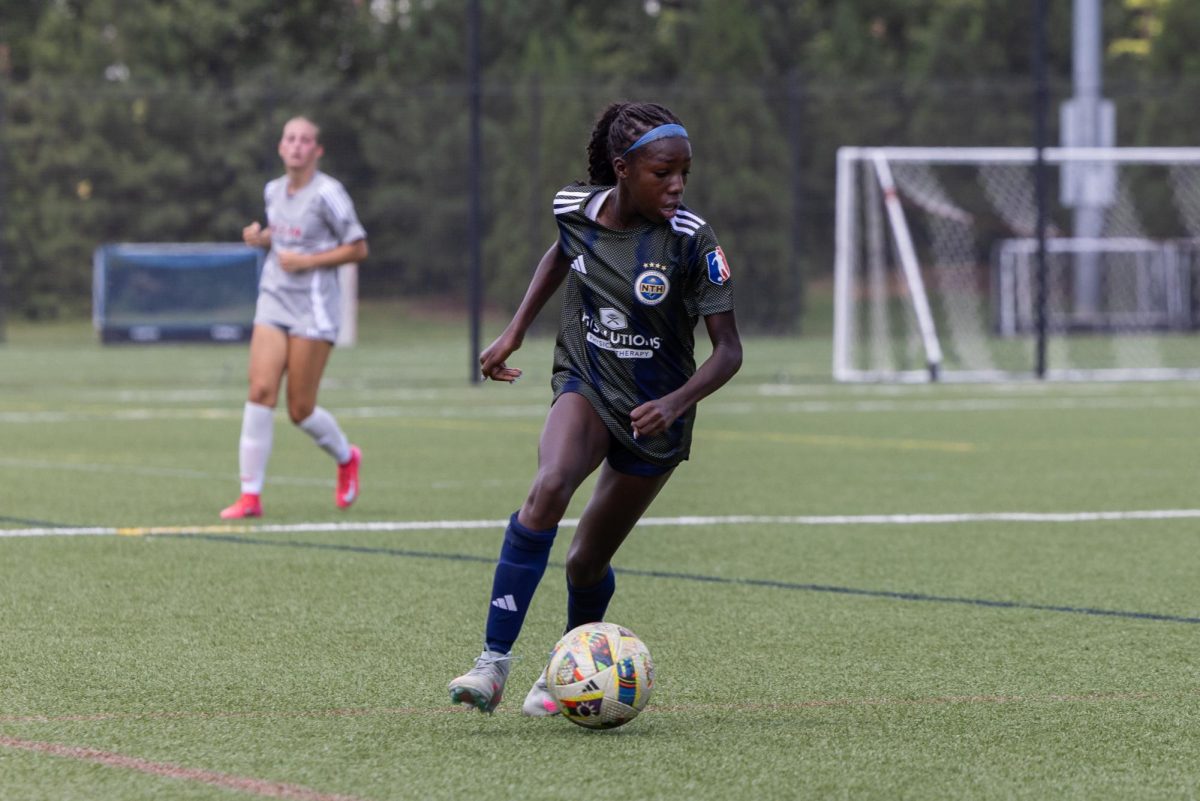
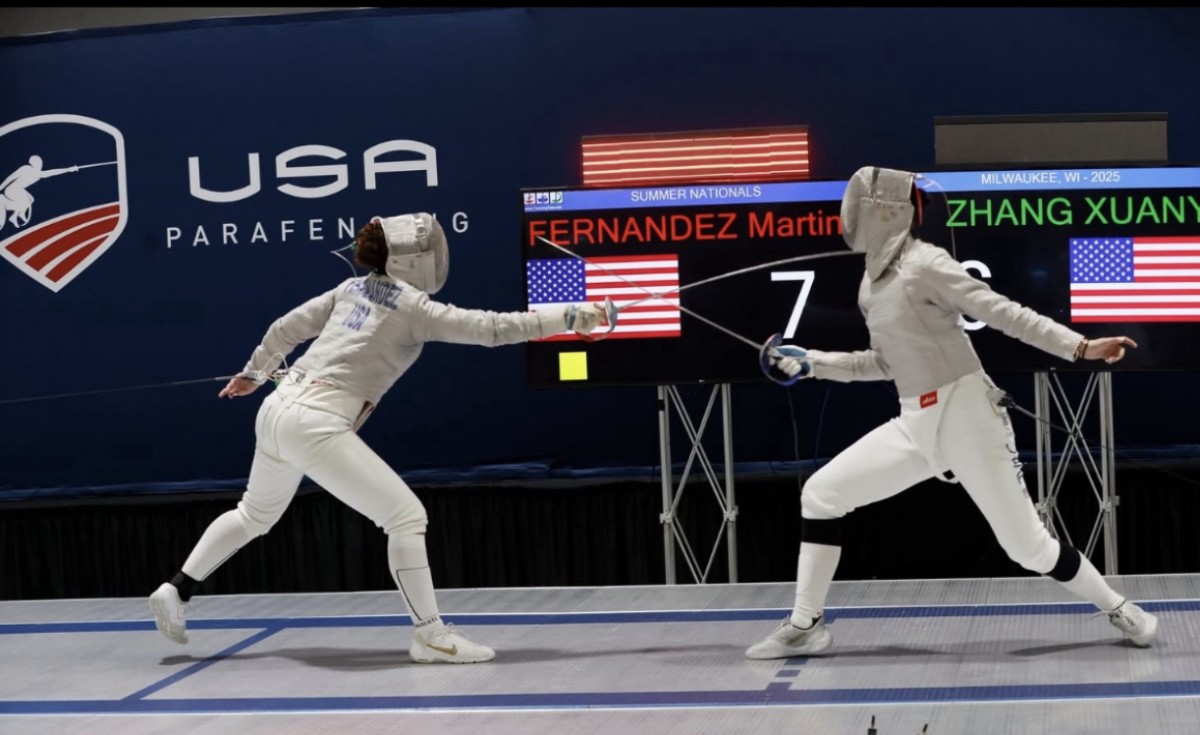
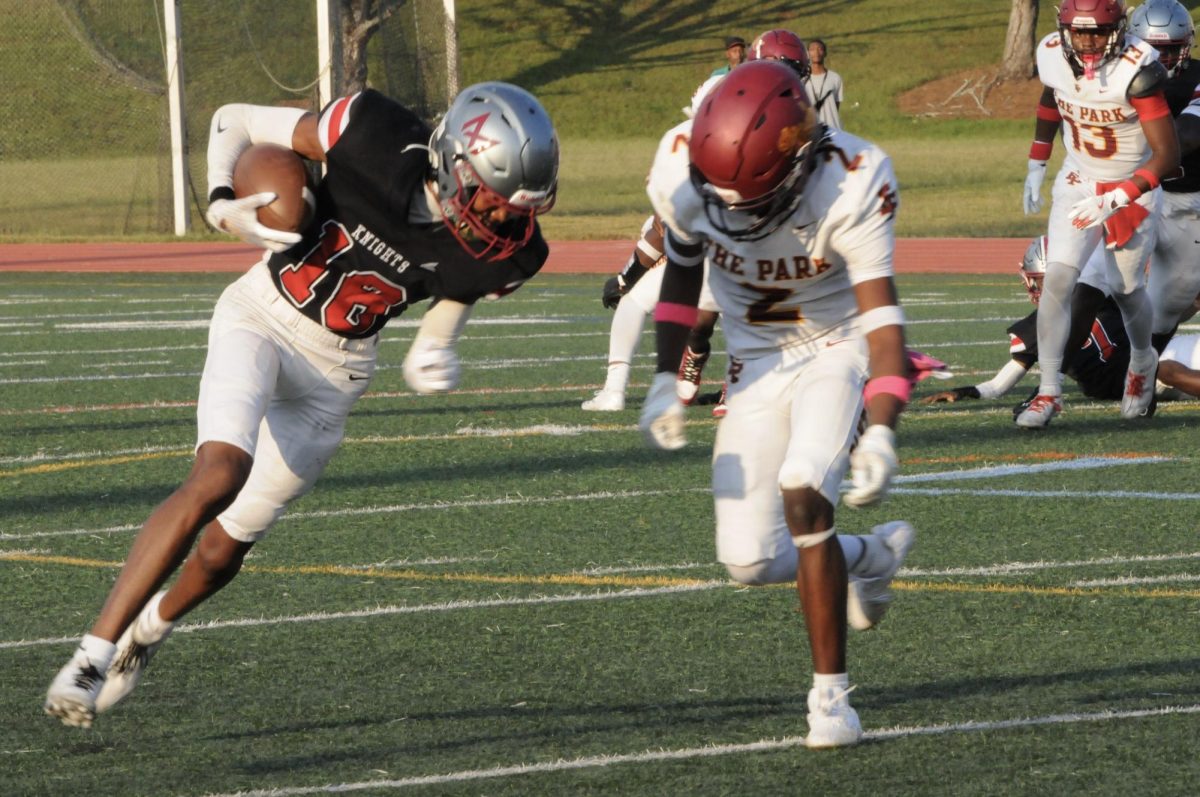
VaHi Parent • Apr 25, 2013 at 11:59 am
In response to Midtown Parent – I couldn’t disagree more. This is an appropriate forum – and a well reported and balanced account of the debacle. Mr. Lavine told the story – and got quotes from from a parent, a coach and Ms. Washington. I do not believe the there was any intent to make the AD “look bad.”
Kudos to The Southerner.
Midtrown Parent • Apr 2, 2013 at 6:19 pm
First of all I want to say that I can’t believe that the editor would allow a student to write something like this about a staff member. Regardless of how Coach Washington is performing as Athletic Director the school does not need any negative coverage at ALL. If she is performing inadequate then that should come from the principal not a student. Someone needs to draw the line with the Southerner reporting these type of things. The principal can discuss with her about ways that she can improve on getting students certified. Someone needs to talk with Joe Lavine about staying in a child place and not trying to make Coach Washington look bad. I am truly outraged with this article because this is not the type of news that Grady needs. I think its tasteless, tacky , and unethical reporting. Finally, I would like to blast the editor for allowing this trash to be printed. Someone needs to explain to her that this lady is your colleague and how would you feel if someone reported all of the negative things about you to the student body. Poor judgement from EDITOR!!!!!!!!!!!